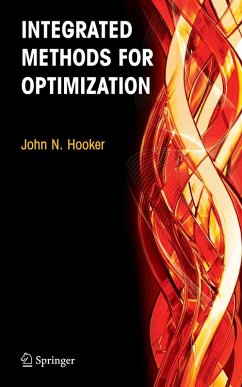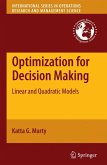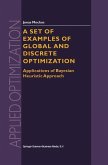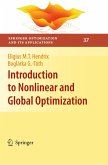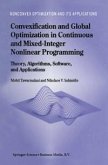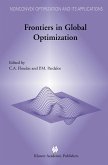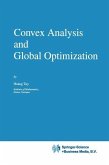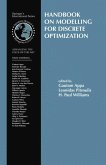PEACH (Personal Experience with Active Cultural Heritage) is a large, interdisciplinary development project that explores the use of novel technologies for physical museum visits. Put together by editors and authors who are leading experts on the underlying AI technologies and their application, this book provides a comprehensive survey of the subject. Coverage includes reports on mobile guides, infrastructure and user modeling, the use of stationary devices, collaborative storytelling, 3D modeling, evaluation and usability, and future perspectives. It will be of benefit to AI researchers engaged with interface design as well as practitioners in the area of cultural heritage support and marketing.
Dieser Download kann aus rechtlichen Gründen nur mit Rechnungsadresse in A, B, BG, CY, CZ, D, DK, EW, E, FIN, F, GR, HR, H, IRL, I, LT, L, LR, M, NL, PL, P, R, S, SLO, SK ausgeliefert werden.

